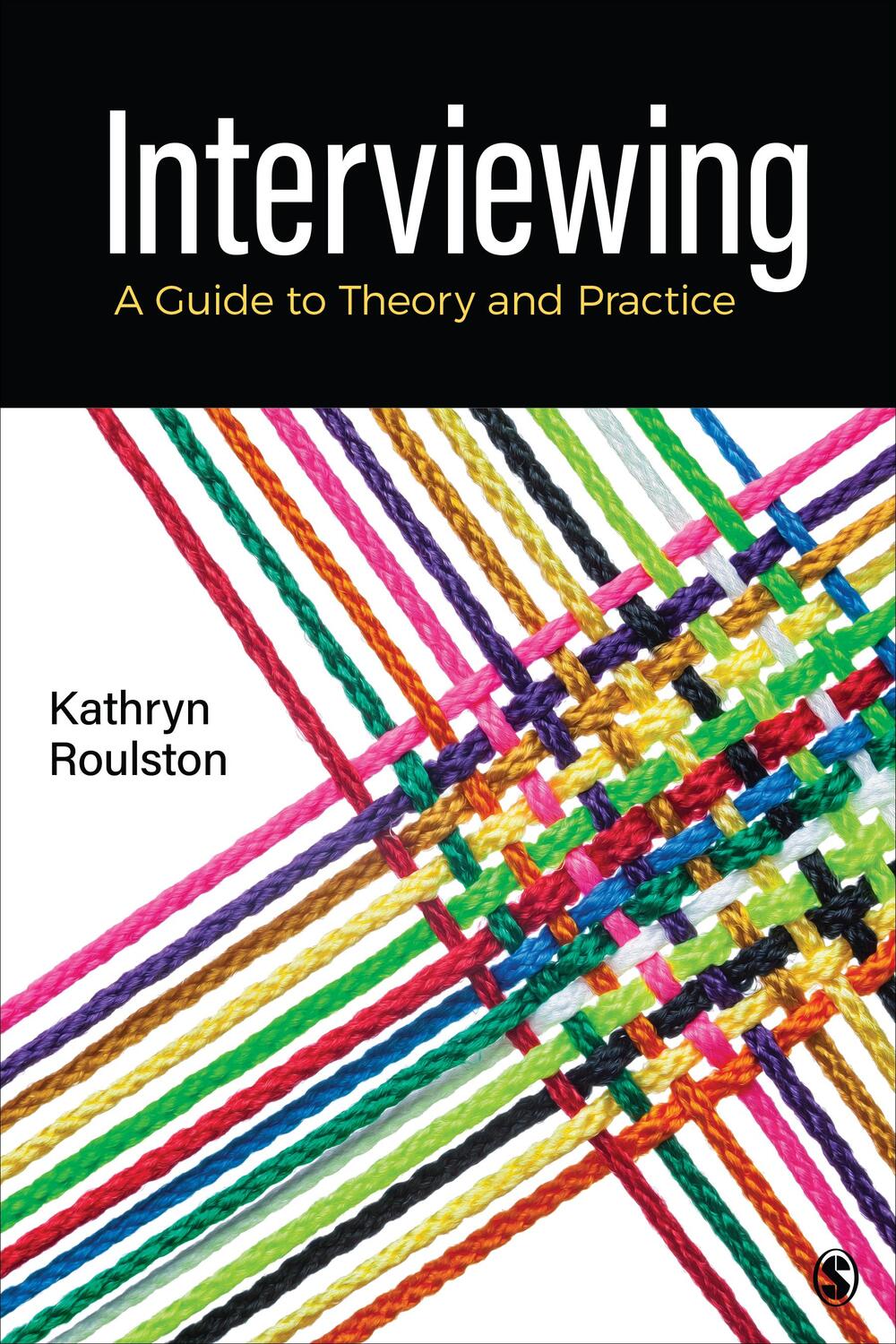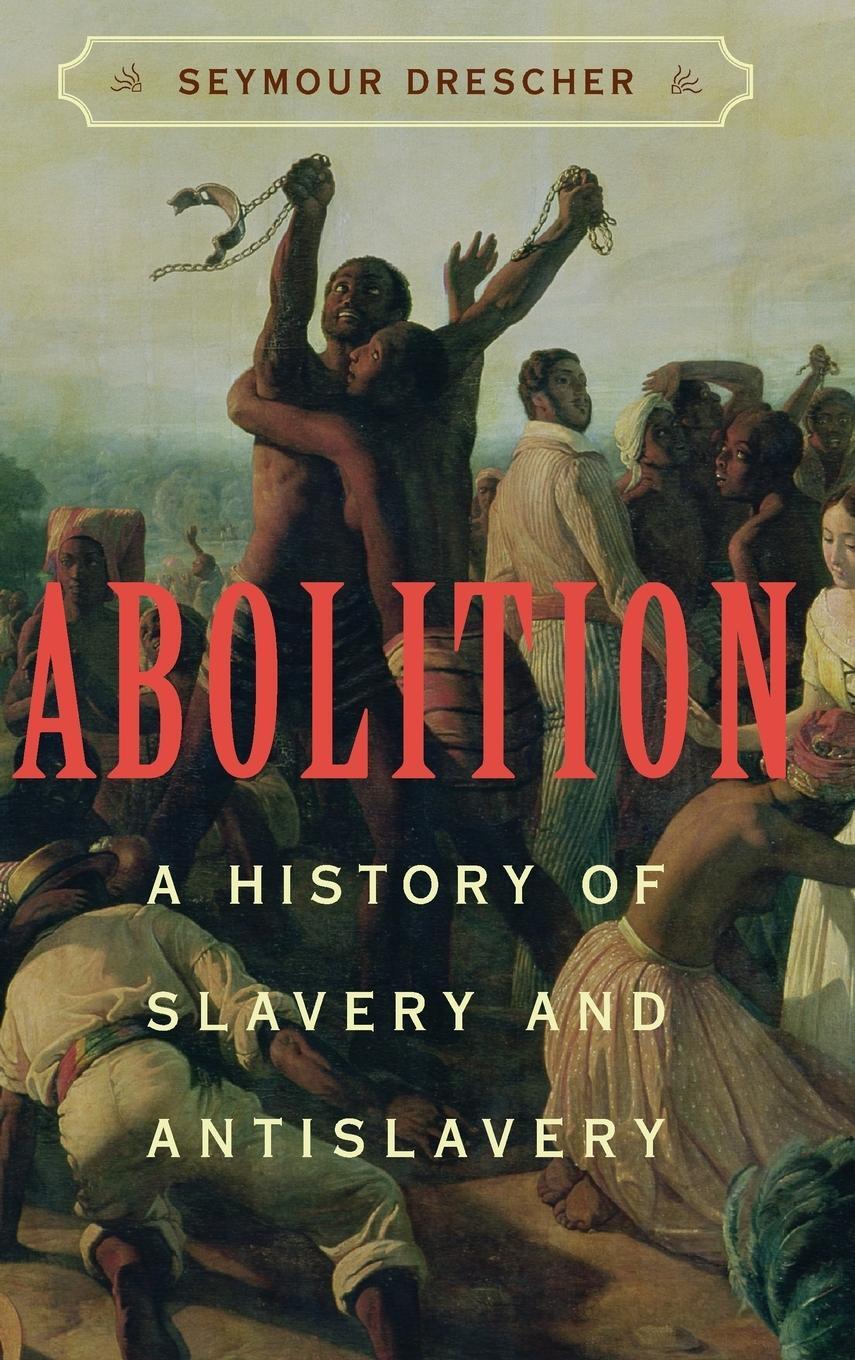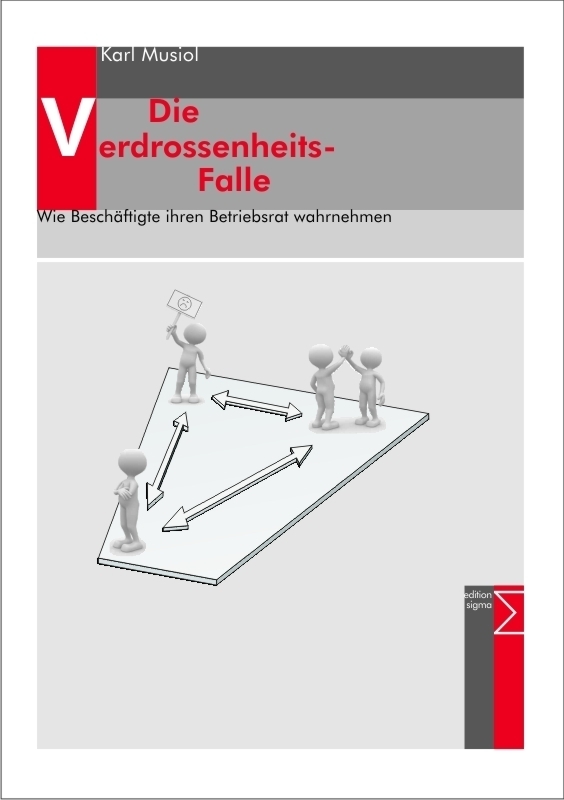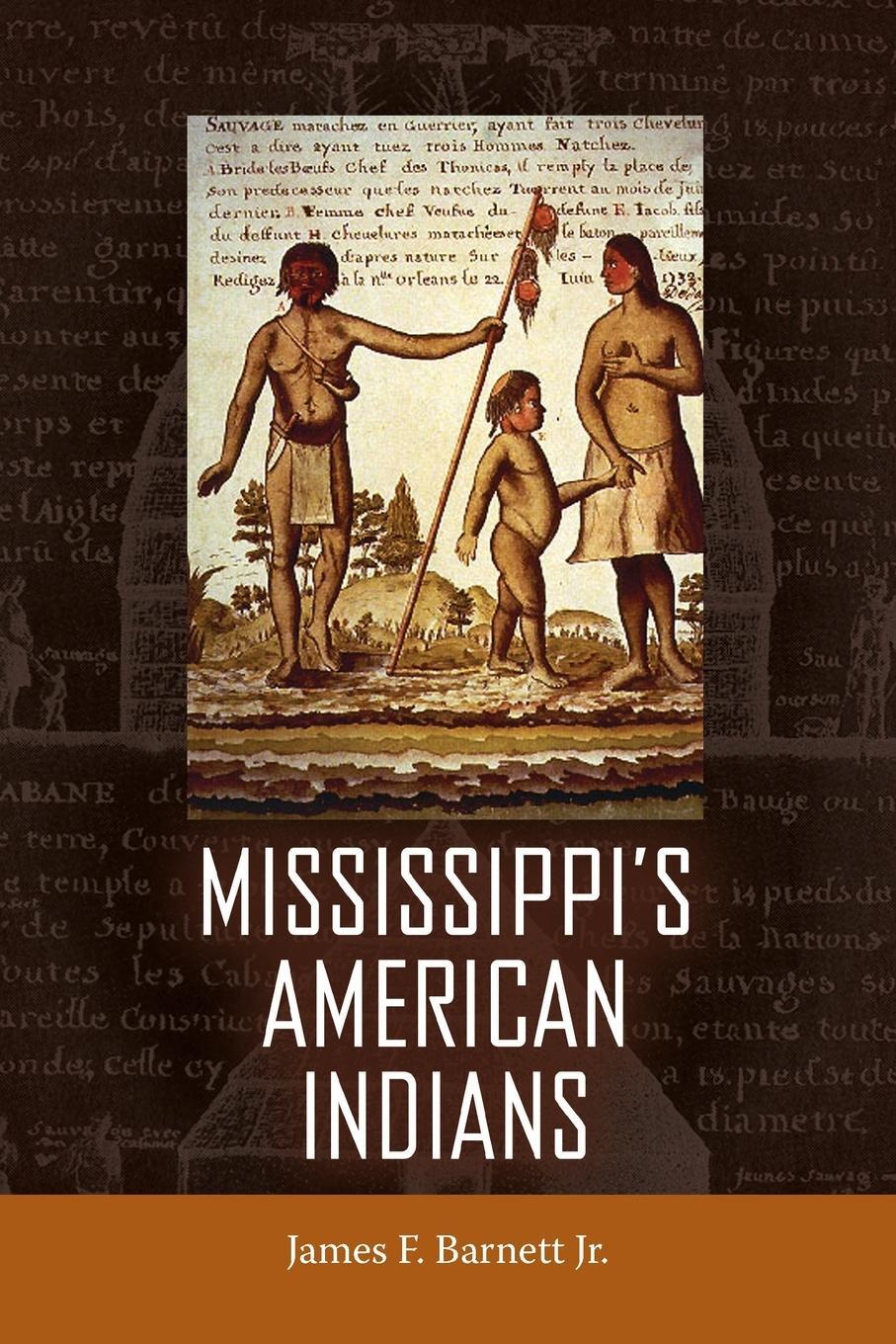74,90 €*
Versandkostenfrei per Post / DHL
Lieferzeit 1-2 Wochen
Connecting "theory" and "method" can be challenging for novice researchers. Interviewing: A Guide to Theory and Practice draws from, and extends, the author¿s earlier 2010 book, and focuses on three interrelated issues, how researchers: theorize research interviews; examine their subject positions in relation to projects and participants; and explore the details of interview interaction to inform practice.
Connecting "theory" and "method" can be challenging for novice researchers. Interviewing: A Guide to Theory and Practice draws from, and extends, the author¿s earlier 2010 book, and focuses on three interrelated issues, how researchers: theorize research interviews; examine their subject positions in relation to projects and participants; and explore the details of interview interaction to inform practice.
About the Author
Introduction
Background
A Proposal for Advancing the Practice of Qualitative Interviewing
Theories of Interviewing
Theorizing the Researcher
Examining the Construction of Interview Interaction
Learning About Qualitative Interviewing
Outline of the Book
Chapter 1 ¿ Asking Questions and Individual Interviews
Types of Interviews
Questions and Answers
Structure and Interview Talk
Interviews Used in Qualitative Research
Conclusion
Further Reading
Practice
Chapter 2 ¿ Joint and Group Interviews
Joint Interviews
Formats for Working With Groups
Focus Groups
Designing a Study Using Focus Groups
Developing Questions and Topic Guides
Managing Focus Group Interaction
Analyzing Focus Group Interaction
Conclusion
Further Reading
Practice
Chapter 3 ¿ Theorizing the Qualitative Interview
A Neo-Positivist Conception of the Interview
A Romantic Conception of the Interview
A Constructionist Conception of the Interview
A Postmodern Conception of the Interview
A Transformative Conception of the Interview
A Decolonizing Conception of the Interview
Conclusion
Further Reading
Practice
Chapter 4 ¿ Post Qualitative Inquiry and Interviewing
Beyond Conventional Approaches to Inquiry
Interviewing and Post Qualitative Inquiry
What Issues Have Scholars Addressed?
Implications of Post Qualitative Inquiry for Interview Research
Conclusion
Further Reading
Practice
Chapter 5 ¿ Designing Studies That Use Interviews
Identifying a Topic
Formulating Research Questions
Using Research Interviews to Address Research Questions
Selection and Sampling
Demonstrating Quality in the Research Process
Aligning Methods With Theoretical Assumptions
Addressing Quality in a Neo-Positivist Conception of Interviewing
Addressing Quality in a Romantic Conception of Interviewing
Addressing Quality in a Constructionist Conception of Interviewing
Addressing Quality in a Postmodern Conception of Interviewing
Addressing Quality in a Transformative Conception of Interviewing
Addressing Quality in a Decolonizing Conception of Interviewing
Addressing Quality in Post Qualitative Inquiry Using Interviews
Designing Research Studies Using Interviews
Conclusion
Further Reading
Practice
Chapter 6 ¿ Conducting Interview Research
Consent for the Study
Recruiting Participants
Scheduling Interviews
Other Modes of Communication for Interviews
Special Populations
Preparing to Interview
Recording the Interview
Conducting Interviews
Working With Translated Data
Transcribing Interviews
Conclusion
Further Reading
Practice
Chapter 7 ¿ Theorizing the Researcher: The Reflective Interviewer
"Bias" and Research
Reflexivity in Qualitative Research
Beyond Reflexivity
Subjectivity and Qualitative Research
Subjectivity Statements
Researcher Journals
Interviewing the Researcher
Analyzing the Interviewer's Work
Conclusion
Further Reading
Practice
Chapter 8 ¿ Examining the Construction of Interview Interaction
Initial Principles
Asking Questions of Transcriptions
Epistemics and Interviewing
Other Issues That Might Be Examined
Conclusion
Further Reading
Practice
Chapter 9 ¿ Analyzing and Representing Interview Data
Qualitative Data Analysis and Reasoning
Thematic Analysis
Grounded Theory Approaches to Analysis
Ethnographic Analysis
Phenomenological Approaches to Analysis
Approaches to the Analysis of Narrative
Ethnomethodological Analysis
Post Approaches to Analysis
The Arts and Performative Approaches to Representation
Conclusion
Further Reading
Practice
Chapter 10 ¿ Accounts of Interviewing Practice
Interviews With Interviewers
What We Can Learn From Other Interviewers
Qualitative Researchers' Accounts of Their Interview Practice
Comparing Interviewing Outside the Academy to Interviewing for Academic Purposes
Advice From Qualitative Interviewers
Further Information
Further Reading
Practice
Epilogue: Final Thoughts: Learning How to Interview
Appendix 1. Transcription Conventions
Appendix 2. Terms Used in Conversation Analysis
Appendix 3. Teaching Resources
References
| Erscheinungsjahr: | 2022 |
|---|---|
| Genre: | Soziologie |
| Rubrik: | Wissenschaften |
| Medium: | Taschenbuch |
| Seiten: | 360 |
| Inhalt: | Kartoniert / Broschiert |
| ISBN-13: | 9781071815717 |
| ISBN-10: | 1071815717 |
| Sprache: | Englisch |
| Einband: | Kartoniert / Broschiert |
| Autor: | Roulston, Kathy |
| Hersteller: | SAGE Publications Inc |
| Maße: | 152 x 228 x 24 mm |
| Von/Mit: | Kathy Roulston |
| Erscheinungsdatum: | 28.04.2022 |
| Gewicht: | 0,522 kg |
About the Author
Introduction
Background
A Proposal for Advancing the Practice of Qualitative Interviewing
Theories of Interviewing
Theorizing the Researcher
Examining the Construction of Interview Interaction
Learning About Qualitative Interviewing
Outline of the Book
Chapter 1 ¿ Asking Questions and Individual Interviews
Types of Interviews
Questions and Answers
Structure and Interview Talk
Interviews Used in Qualitative Research
Conclusion
Further Reading
Practice
Chapter 2 ¿ Joint and Group Interviews
Joint Interviews
Formats for Working With Groups
Focus Groups
Designing a Study Using Focus Groups
Developing Questions and Topic Guides
Managing Focus Group Interaction
Analyzing Focus Group Interaction
Conclusion
Further Reading
Practice
Chapter 3 ¿ Theorizing the Qualitative Interview
A Neo-Positivist Conception of the Interview
A Romantic Conception of the Interview
A Constructionist Conception of the Interview
A Postmodern Conception of the Interview
A Transformative Conception of the Interview
A Decolonizing Conception of the Interview
Conclusion
Further Reading
Practice
Chapter 4 ¿ Post Qualitative Inquiry and Interviewing
Beyond Conventional Approaches to Inquiry
Interviewing and Post Qualitative Inquiry
What Issues Have Scholars Addressed?
Implications of Post Qualitative Inquiry for Interview Research
Conclusion
Further Reading
Practice
Chapter 5 ¿ Designing Studies That Use Interviews
Identifying a Topic
Formulating Research Questions
Using Research Interviews to Address Research Questions
Selection and Sampling
Demonstrating Quality in the Research Process
Aligning Methods With Theoretical Assumptions
Addressing Quality in a Neo-Positivist Conception of Interviewing
Addressing Quality in a Romantic Conception of Interviewing
Addressing Quality in a Constructionist Conception of Interviewing
Addressing Quality in a Postmodern Conception of Interviewing
Addressing Quality in a Transformative Conception of Interviewing
Addressing Quality in a Decolonizing Conception of Interviewing
Addressing Quality in Post Qualitative Inquiry Using Interviews
Designing Research Studies Using Interviews
Conclusion
Further Reading
Practice
Chapter 6 ¿ Conducting Interview Research
Consent for the Study
Recruiting Participants
Scheduling Interviews
Other Modes of Communication for Interviews
Special Populations
Preparing to Interview
Recording the Interview
Conducting Interviews
Working With Translated Data
Transcribing Interviews
Conclusion
Further Reading
Practice
Chapter 7 ¿ Theorizing the Researcher: The Reflective Interviewer
"Bias" and Research
Reflexivity in Qualitative Research
Beyond Reflexivity
Subjectivity and Qualitative Research
Subjectivity Statements
Researcher Journals
Interviewing the Researcher
Analyzing the Interviewer's Work
Conclusion
Further Reading
Practice
Chapter 8 ¿ Examining the Construction of Interview Interaction
Initial Principles
Asking Questions of Transcriptions
Epistemics and Interviewing
Other Issues That Might Be Examined
Conclusion
Further Reading
Practice
Chapter 9 ¿ Analyzing and Representing Interview Data
Qualitative Data Analysis and Reasoning
Thematic Analysis
Grounded Theory Approaches to Analysis
Ethnographic Analysis
Phenomenological Approaches to Analysis
Approaches to the Analysis of Narrative
Ethnomethodological Analysis
Post Approaches to Analysis
The Arts and Performative Approaches to Representation
Conclusion
Further Reading
Practice
Chapter 10 ¿ Accounts of Interviewing Practice
Interviews With Interviewers
What We Can Learn From Other Interviewers
Qualitative Researchers' Accounts of Their Interview Practice
Comparing Interviewing Outside the Academy to Interviewing for Academic Purposes
Advice From Qualitative Interviewers
Further Information
Further Reading
Practice
Epilogue: Final Thoughts: Learning How to Interview
Appendix 1. Transcription Conventions
Appendix 2. Terms Used in Conversation Analysis
Appendix 3. Teaching Resources
References
| Erscheinungsjahr: | 2022 |
|---|---|
| Genre: | Soziologie |
| Rubrik: | Wissenschaften |
| Medium: | Taschenbuch |
| Seiten: | 360 |
| Inhalt: | Kartoniert / Broschiert |
| ISBN-13: | 9781071815717 |
| ISBN-10: | 1071815717 |
| Sprache: | Englisch |
| Einband: | Kartoniert / Broschiert |
| Autor: | Roulston, Kathy |
| Hersteller: | SAGE Publications Inc |
| Maße: | 152 x 228 x 24 mm |
| Von/Mit: | Kathy Roulston |
| Erscheinungsdatum: | 28.04.2022 |
| Gewicht: | 0,522 kg |













